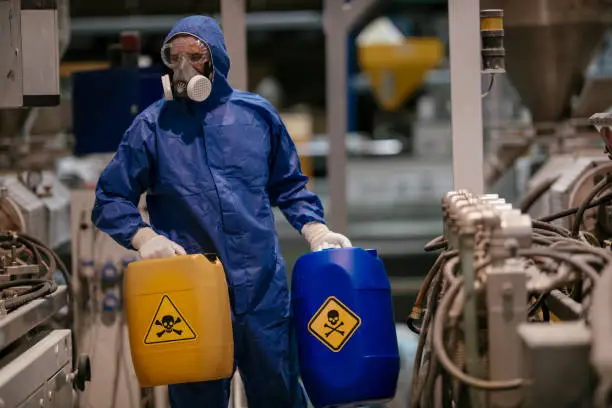Understanding Hazardous Waste in Probate Properties
Hazardous waste in probate properties refers to any materials that could pose a risk to health or the environment, which may be present in real estate inherited through probate. This can include substances like asbestos, lead paint, or chemicals from previous industrial use, and it's crucial for heirs and executors to identify these hazards to comply with legal obligations.
For instance, properties that were once used for manufacturing or have old storage tanks may contain hazardous materials. Executors must ensure proper assessment and remediation of these wastes to avoid liability issues, which can complicate the probate process and affect the estate's value.
Executor Responsibilities in Handling Hazardous Waste
Executors play a vital role in managing probate properties that contain hazardous waste, as they are responsible for the estate's assets and liabilities. Their duties include arranging for environmental assessments and ensuring compliance with local, state, and federal regulations regarding hazardous materials.
In Texas, executors may need to hire licensed professionals to conduct environmental clean-ups and ensure that all necessary permits are obtained. Failing to address hazardous waste issues can lead to significant legal and financial repercussions for both the executor and the estate.
Legal Consequences of Ignoring Hazardous Waste
Ignoring hazardous waste in probate properties can result in severe legal consequences, including fines, lawsuits, and potential criminal charges. Heirs and executors may face personal liability if they do not take appropriate action to manage hazardous materials, especially if these are discovered after the estate has been transferred.
For example, if an heir sells a property without disclosing known hazardous waste issues, they could be sued by the buyer for damages. Additionally, regulatory agencies may impose penalties for non-compliance with environmental laws, further complicating the probate proceedings.
Seeking Legal Guidance for Hazardous Waste Issues
Given the complexities surrounding hazardous waste in probate properties, seeking legal guidance is essential for heirs and executors. A knowledgeable probate attorney can provide valuable insights into navigating the legal landscape and ensuring compliance with environmental regulations.
By consulting with an attorney, clients can better understand their rights and responsibilities, and receive assistance in coordinating necessary assessments and remediation efforts. This proactive approach can prevent costly mistakes and facilitate a smoother probate process.

